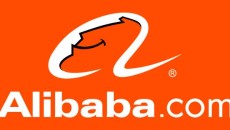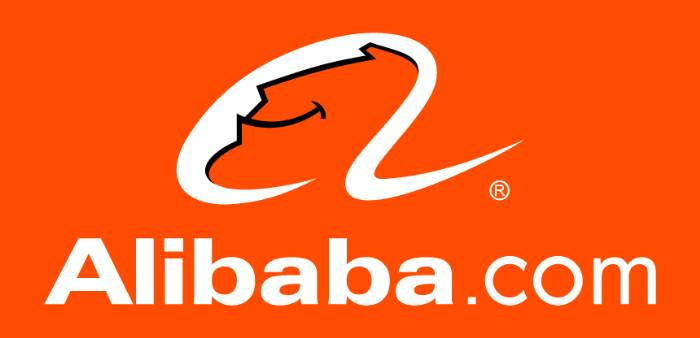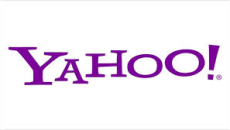Alibaba Group Holding Ltd (NYSE:BABA) is on the receiving end of a criticism from a Chinese regulation agency accusing the e-commerce giant of failing to control the deluge of fake goods within its websites. The State Administration of Industry and Commerce (SAIC), China’s leading business regulation agency, said in a report that Alibaba tolerated “illegal advertising” that ultimately resulted to misleading consumers about low prices and other details. SAIC went on to note that some of the web retailers employees even took bribes and the company was ineffective at confronting fraud.
The report sent Alibaba Group Holding Ltd (NYSE:BABA)’s share tumbling down 4 percent at the NYSE. SAIC said that its findings was presented to top Alibaba executives in a meeting held at the company’s headquarters in July 17 of last year, but that results were kept confidential in consideration of the internet retailer’s preparations for an initial public offering (IPO). Alibaba made its IPO in September last year, generating a record $25 billion.
 The accusation of deficiencies was dealt with by Alibaba Group Holding Ltd (NYSE:BABA) with public defiance, accusing SAIC with bias and misconduct. According to Alibaba, it “welcomes fair and just supervision”, but it added that the regulator itself failed on being objective.
The accusation of deficiencies was dealt with by Alibaba Group Holding Ltd (NYSE:BABA) with public defiance, accusing SAIC with bias and misconduct. According to Alibaba, it “welcomes fair and just supervision”, but it added that the regulator itself failed on being objective.
Alibaba Group Holding Ltd (NYSE:BABA) said that it took a serious initiative against fake goods, cooperating with Chinese authorities to tackle over 1000 counterfeiting cases in 2014. The company also allocated as much as $160 million for the campaign against counterfeit merchandise, which it started from November of 2013 up to 2014. Apart from Alibaba, SAIC has been aggressively pursuing other firms with allegations of corruptions, and it orchestrated antitrust investigations against Microsoft Corporation (NASDAQ:MSFT) and Fiat Chrysler Automobiles NV (NYSE:FCAU). As foreign firms under its investigation have complained of unfair treatment, SAIC’s take at China-based Alibaba could be a message that the regulator can go after domestic firms as well, some analysts observe. “There is no special market entity before the law,” SAIC says.
This article has been written by Nonito Guntan.
10 High Margin Food Products to Build a Business Around
The 10 Most Expensive Clothing Stores in the United States to Get Decked Out At


